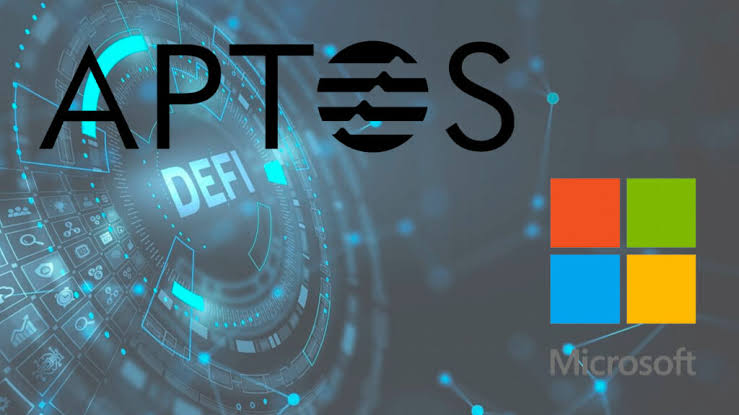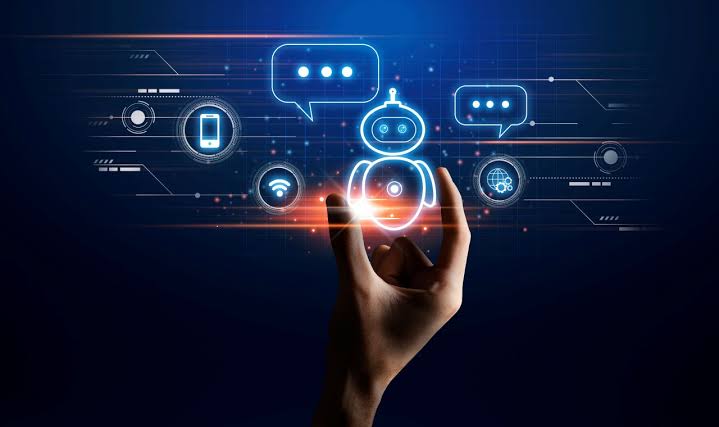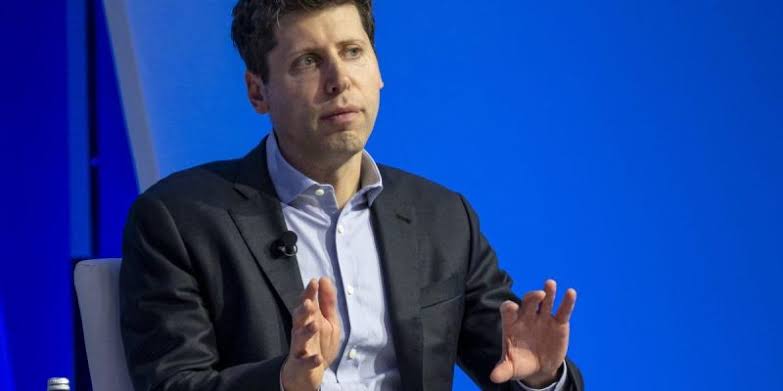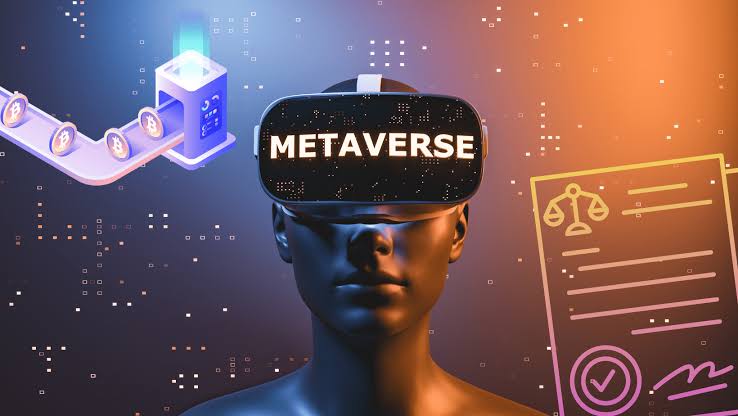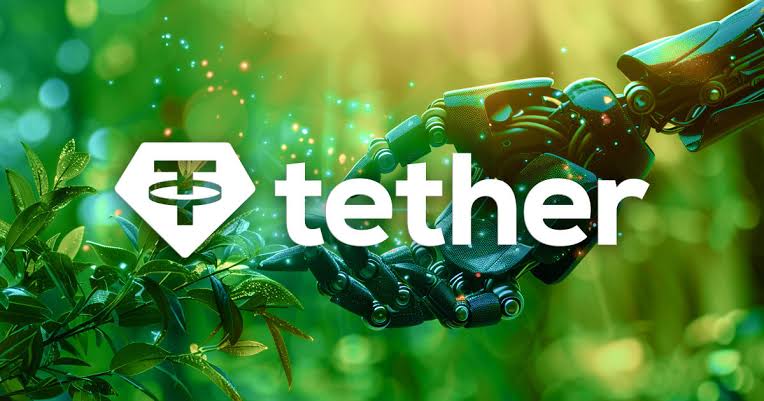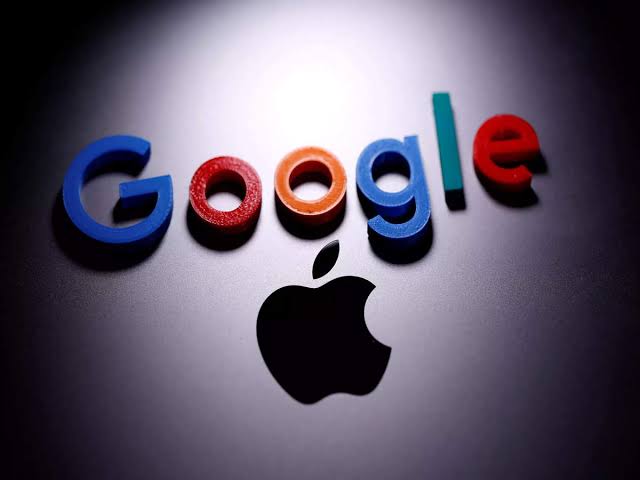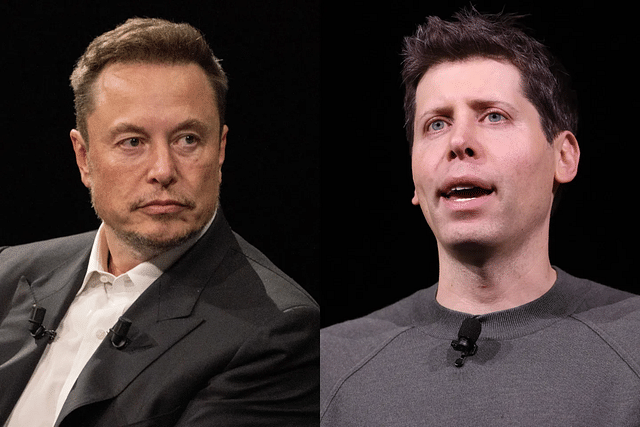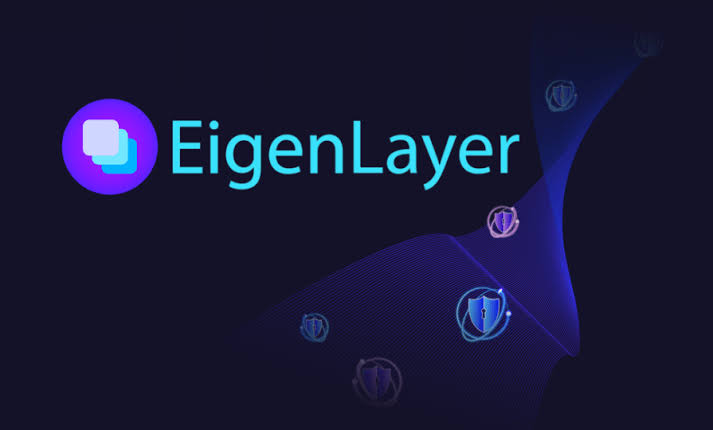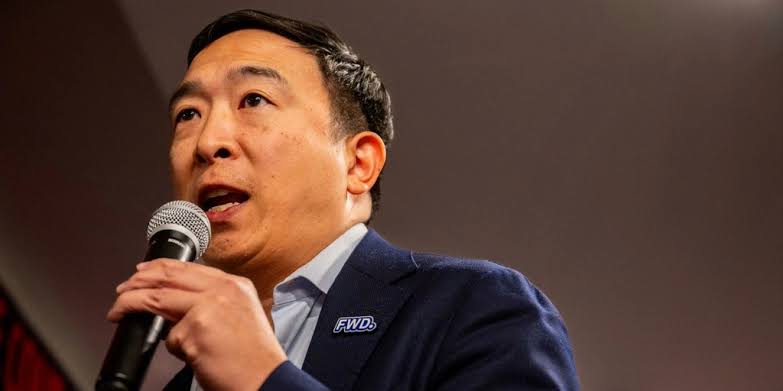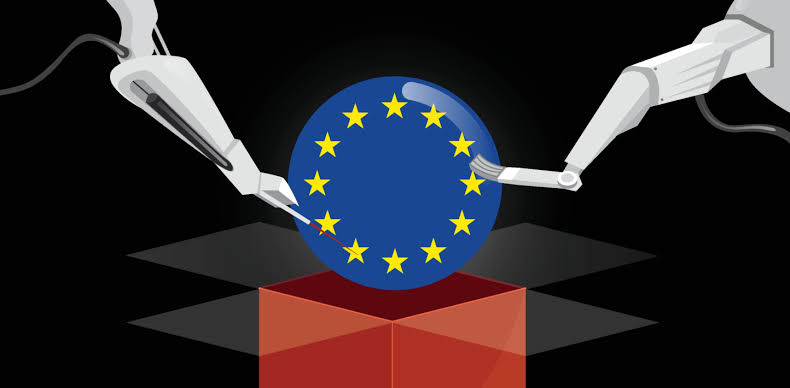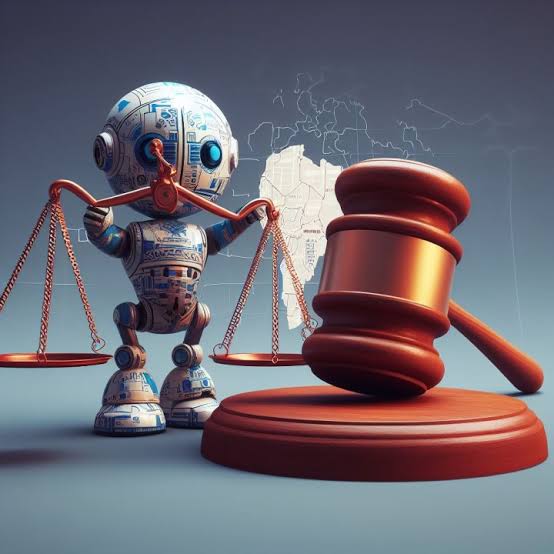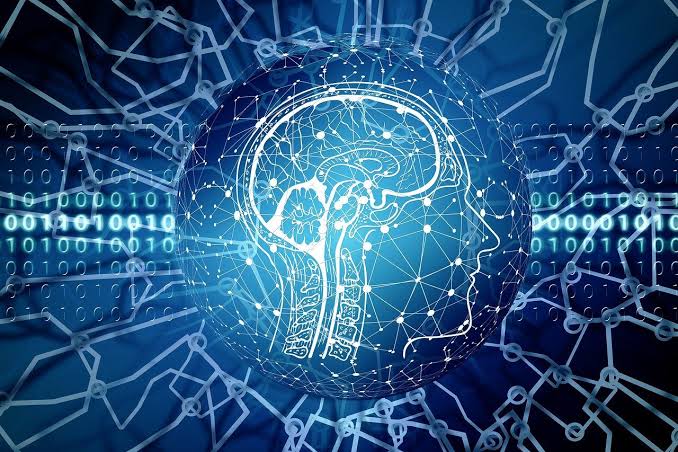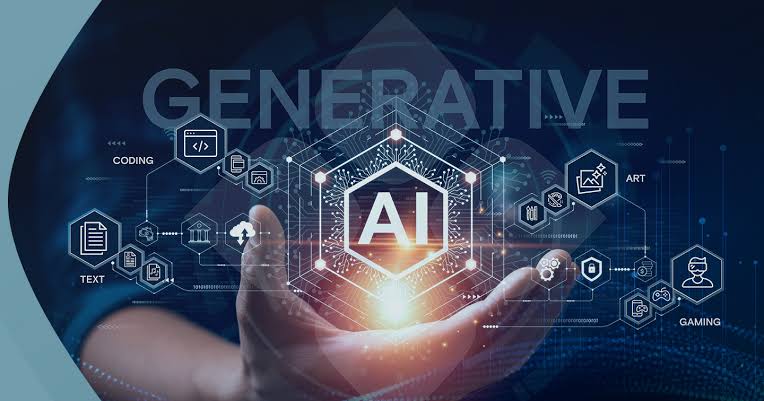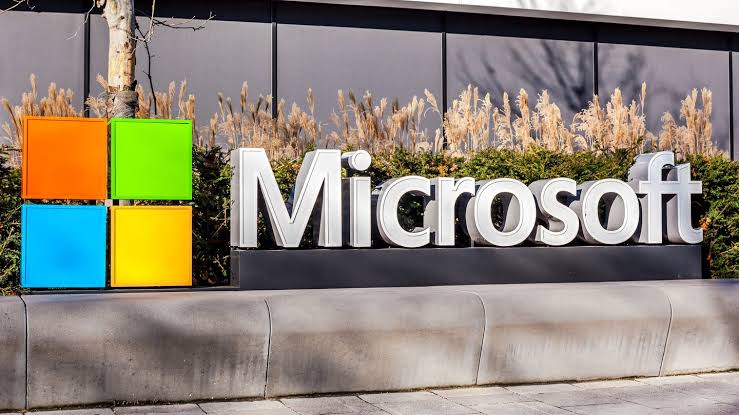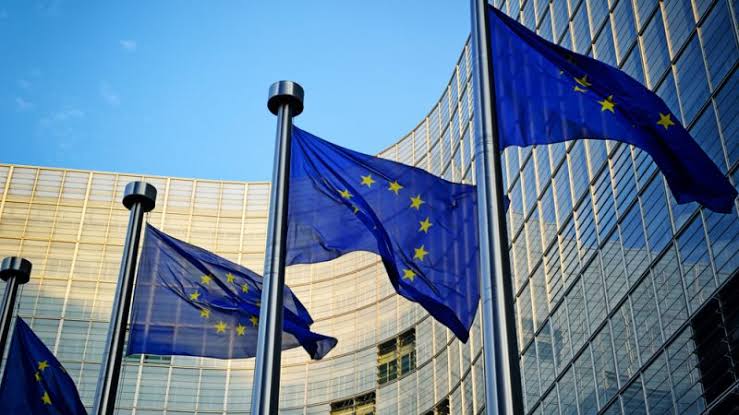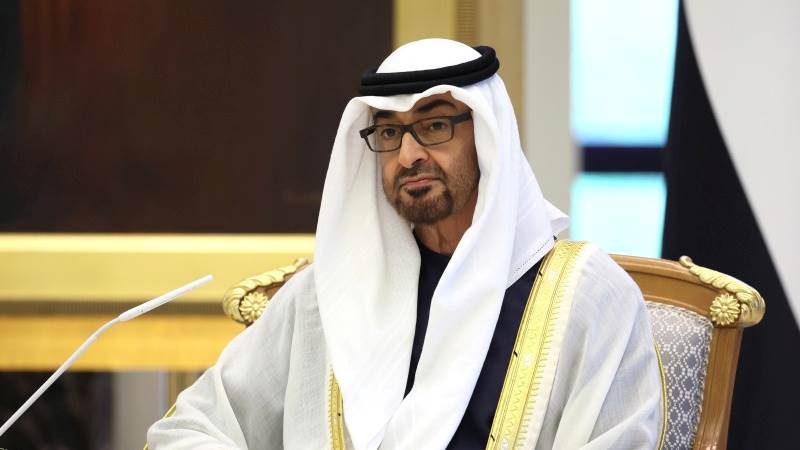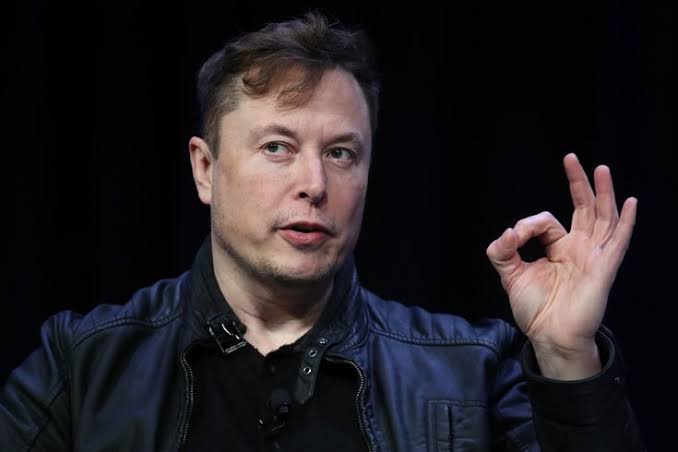Apple’s Vision Pro headset is utilized by over 50% of the Fortune 100.
Most Fortune 100 firms have embraced Apple’s Vision Pro headset, a mixed-reality spatial computing device, with over half having purchased at least one. During Apple’s first-quarter 2024 earnings call, CEO Tim Cook shared the following facts, pointing to the adoption of Vision Pro as evidence of growing interest in the company’s products.“For example, more than half of the Fortune 100 companies have already bought Apple Vision Pro units and are exploring innovative ways to use it to do things that weren’t possible before.” Early in February 2024, the Vision Pro went on sale in the US for $3,499, including tax.Since then, it doesn’t seem to have had much of an impact on the consumer market, since there are far more affordable options like Meta’s Quest range of VR headsets.However, as Cointelegraph previously revealed, Apple is well-positioned to mainstream the metaverse and establish itself as the standard for industry adoption thanks to the Vision Pro headset and its leadership in the field of spatial computing. The Vision Pro is intended for mixed and augmented reality experiences that combine the real world and digital visuals, in contrast to the majority of headsets that are available, which typically offer virtual reality experiences that involve complete immersion in a digital domain.This is what Apple calls “spatial computing.” Rather than marketing the Vision Pro as a gaming and social tool, the businesses that are embracing it seem to be utilizing it for enterprise tasks relating to the metaverse.Using the headset to assist in training physicians to do surgery in situations where cadavers are not easily accessible is one such instance. Cook also teased an upcoming update during the earnings call, stating that the Fortune 100 adoption is “just the



